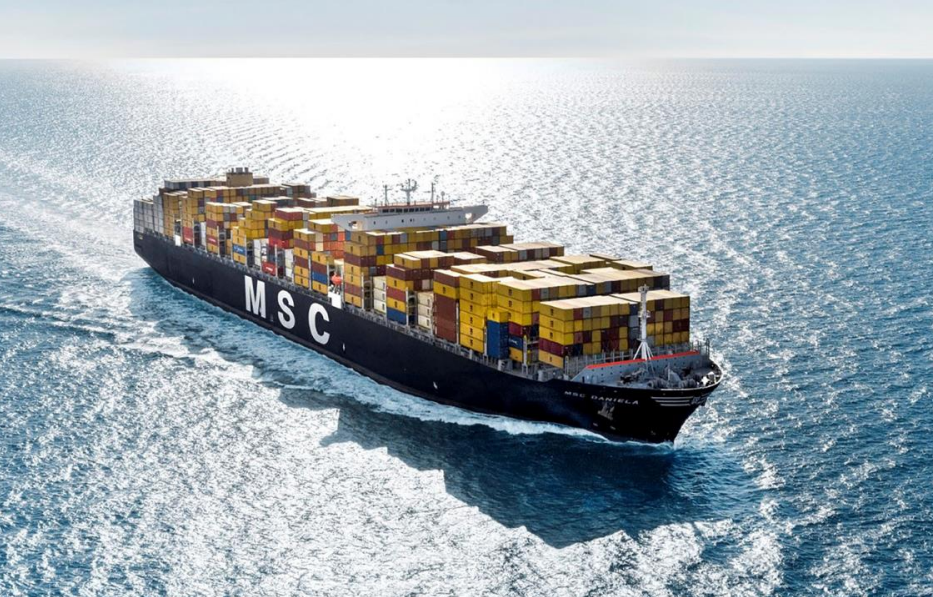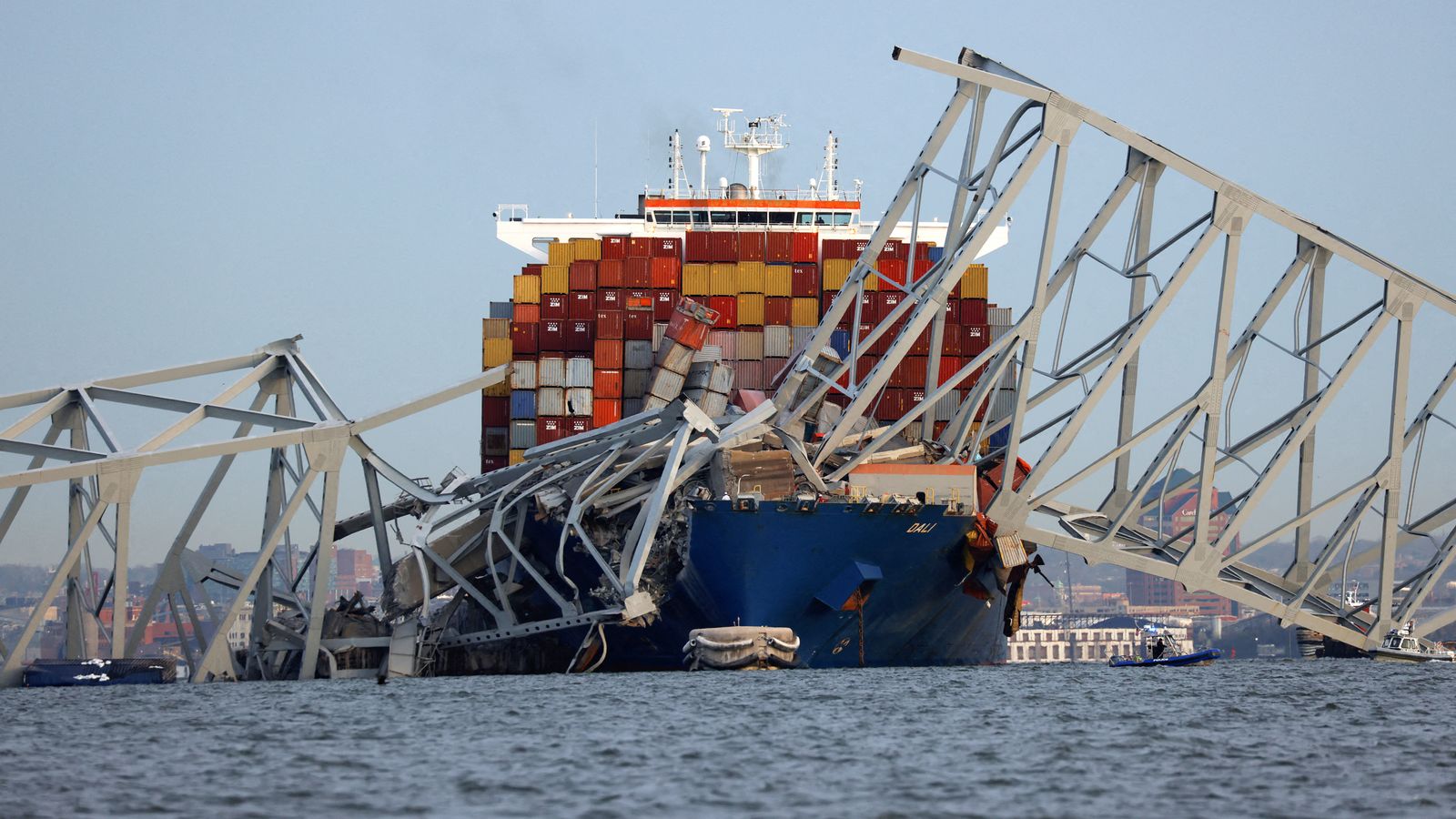
MSC joins ocean carriers in halting deliveries to Baltimore
GENEVA : In light of the recent container ship accident near the Port of Baltimore that caused the collapse of the bridge, MSC, one of the world’s largest ocean carriers, has joined the list of Ocean Carriers that have terminated the delivery of diverted containers outside of the port for shipping clients.
This move has put the onus of cargo pick-up at a diverted port and transport to its final destination on the shipper.
In an email to its customer, MSC explained that the customer containers that are water-bound to the port of Baltimore will be rerouted to alternate ports where they will be made available for pick-up.

In its advisory, the Ocean Carrier said, For these shipments, the contract of carriage will be declared terminated at this alternate port, and storage, D&Ds, and on-carriage costs to the initially intended destination will be for the sole cargo’s account,” adding that passage to and from Baltimore is at this time impossible and will not be reestablished for several weeks, if not months.
Updating its customers, MSC shared a list of 23 vessels arriving at the diverted ports from March 28–April 29. Eight have an unknown diverted port; 11 are headed to the Port of New York/New Jersey; three to Norfolk; and one to Philadelphia.
Other carriers that took a similar course of action include shipping giants like CMA, CGM, COSCO, and Evergreen. In some cases, shipping lines have also formally declared “force majeure,” a legal term that refers to the right to waive contract duties when events beyond a party’s control occur.
The Port of Baltimore, the nation’s eleventh-largest port, is No. 1 in the U.S. for auto/light truck and agriculture tractor imports and exports, in addition to handling clothing, household goods, construction materials, electronics and appliances, and produce.
The recent collapse of the bridge has raised concerns about supply chain disruptions. However, reports suggest that major ports up and down the East Coast, including Savannah, Brunswick, Virginia, Charleston, and New York/New Jersey, as well as the companies providing chassis for rail and truck transport, are well prepared and have the capacity to ramp up operations to meet the needs of incoming cargo.
To address the crisis, US Transportation Secretary Pete Buttigieg convened a meeting on Thursday with supply chain professionals’s ocean carriers CMA CGM, Maersk, MSC, Evergreen, and railroads CSX and Norfolk Southern. The Port of New York/New Jersey, Georgia, Baltimore, Philadelphia, Jacksonville, South Carolina, and Virginia were also attending.
“We are much better equipped to mitigate supply chain disruptions than we were just a few years ago, thanks to increased coordination across the supply chain and new efforts to strengthen both our physical and digital infrastructure,” Buttigieg said, according to a readout from the meeting.
It was highlighted during the meeting that it is the smaller companies that might experience the greatest challenge, particularly in terms of navigating unfamiliar ports and avoiding detention and demurrage fees.
As soon as the container arrives at a terminal, the clock begins ticking on the free time allocated to the container. Once that free time expires, detention and demurrage fees start unless ports agree to waive them.

